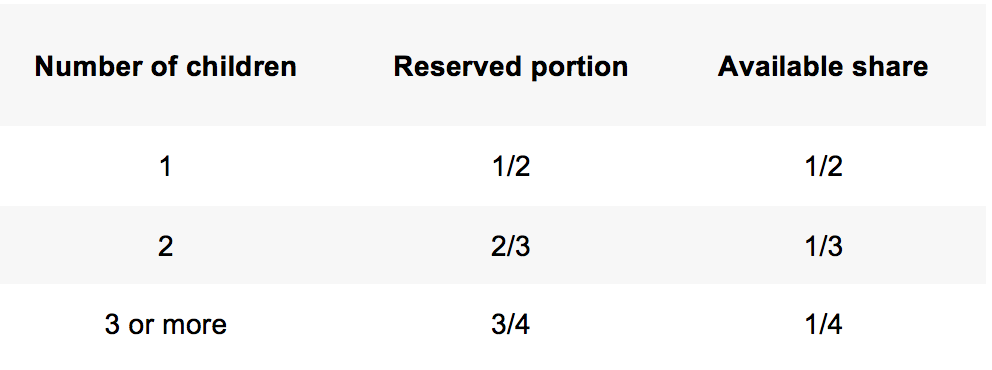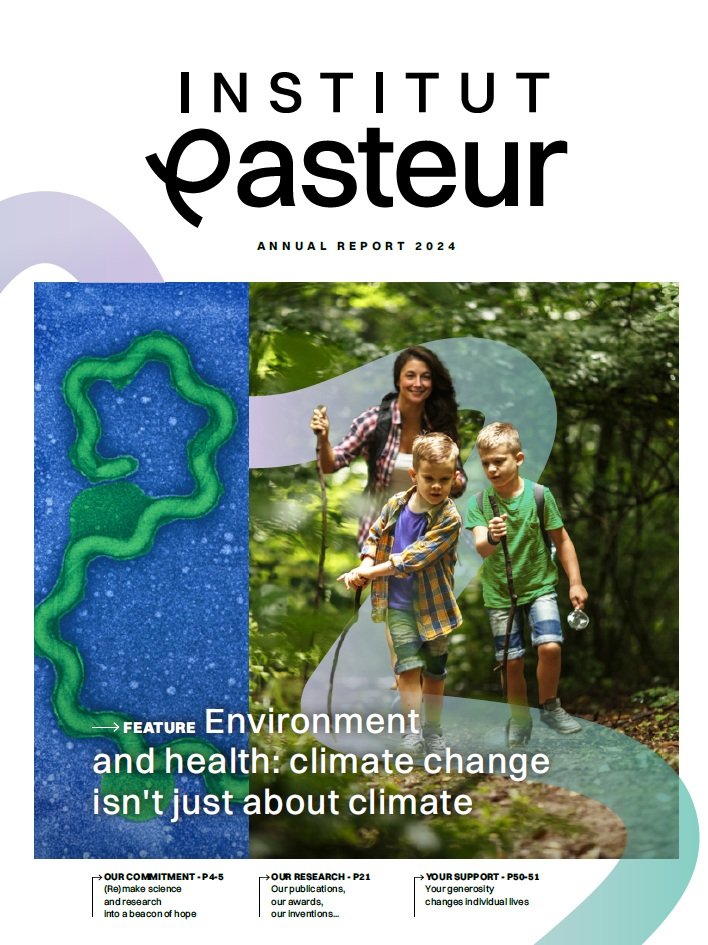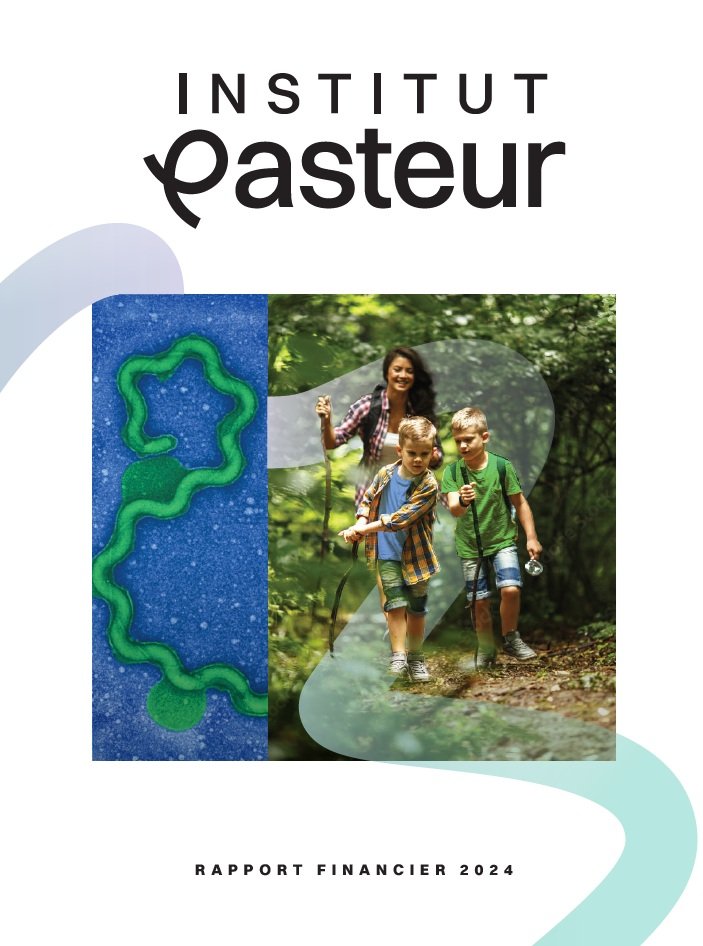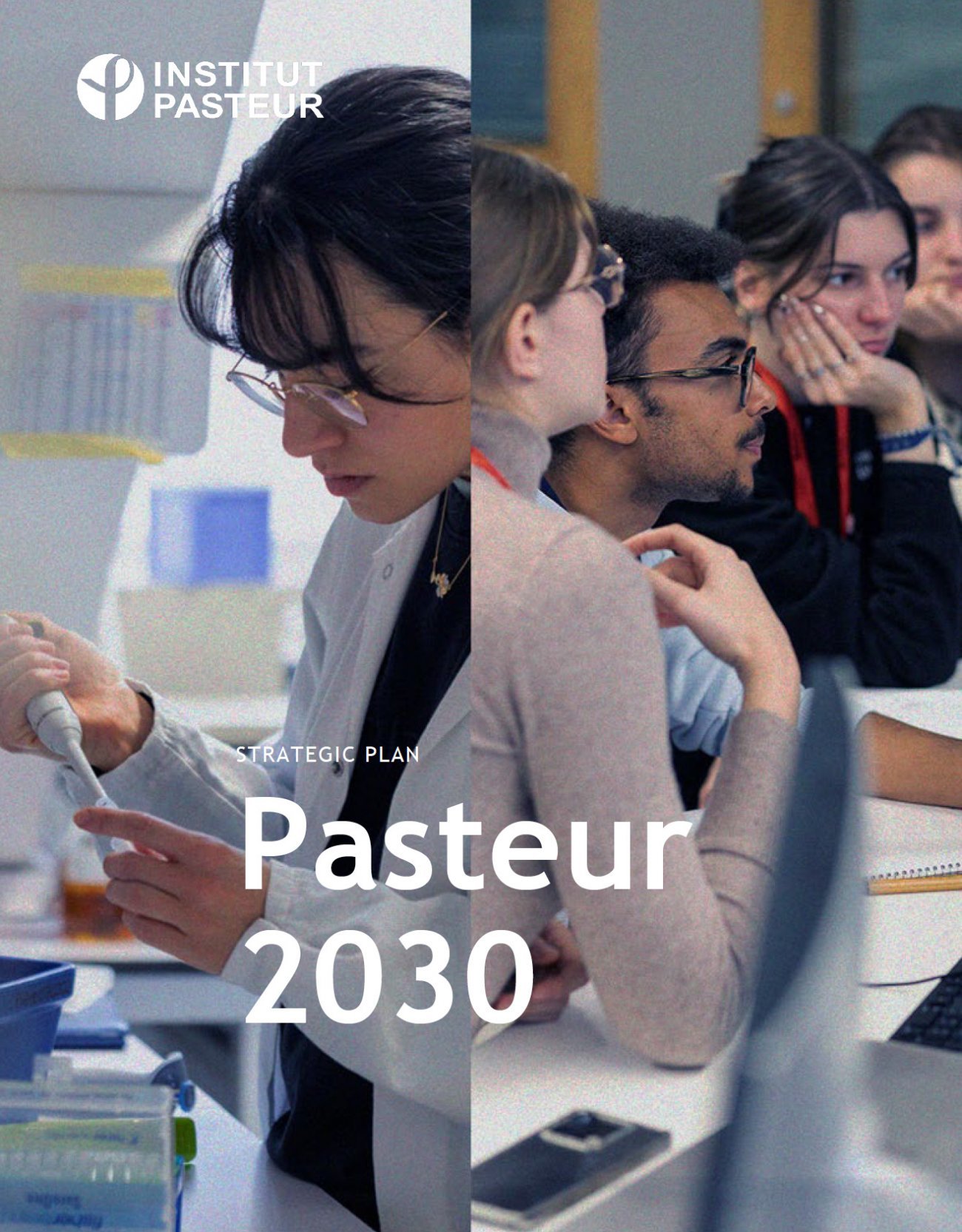AVAILABLE SHARE
This is the portion that the testator is free to grant to a third party. The size of this portion depends on the reserved portion.
ASSIGNMENT OF LEGACY
This is an indication in the will of how the bequeathed funds should be used. Funds from a bequest can be assigned to a specific research field. Assignments stipulated in the will are scrupulously complied with by the Institut Pasteur.
BARE OWNERSHIP
This refers to ownership without the right to use the asset (in other words without usufruct).
BEQUESTS
A universal bequest is a testamentary disposition whereby a testator gives the entirety of their assets at their passing to one or more people (article 1003 of the French Civil Code).
A bequest by universal title is a bequest in which the testator bequeaths a portion of the assets they can legally dispose of. All other bequests are dispositions by particular title.
A particular bequest is the bequest of a specific sum or asset.
DEGREE OF KINSHIP
The degree of kinship is the number of generations separating the members of a family: between father and child there is one degree of kinship. Between grandfather and grandchild, two degrees. To determine the degree of kinship between a person and their nephew, for example, you count up from the nephew to the common ancestor then back down to the nephew – in this case, the third degree of kinship.
EXECUTOR
The executor is appointed by will to carry out the testator’s last wishes pertaining to movable assets or non-pecuniary instructions (such as funeral arrangements). It is not mandatory to appoint an executor.
EXEMPTION FROM INHERITANCE TAX
As a recognized charitable foundation, the Institut Pasteur is exempt from inheritance tax (article 795-4 of the French General Tax Code).
FORMAL WILL
If you cannot write, or if your will must contain specific provisions, you can draw it up before a notary. This is known as a formal will or "will by public act". You dictate the will to two notaries or to a notary in the presence of two witnesses, and you sign it. The notary keeps it and adds it to the Central Register of Testamentary Dispositions.
HOLOGRAPH WILL
A holograph will is the most frequent type of will. You can draw it up on a piece of paper. To be legally binding, it must be entirely written, dated and signed manually by you. It must then be submitted to your notary, who will check it, register it and file it in the Central Register of Testamentary Dispositions. A holograph will that is typed, even partly, is not valid.
LIABILITIES AND CONDITIONS
A bequest to the Institut Pasteur may contain one or more conditions governing the use of the funds or the sale of the property (at auction or privately). A bequest may also contain a liability for the Institut Pasteur, such as the settlement of inheritance tax in a particular bequest for someone else, a right of use (usufruct), a life annuity to be paid, or the upkeep of a grave.
NON-TRANSFERABILITY
A non-transferability clause (which prevents an asset from being sold) may be inserted in the will. This can only be valid if it is temporary and justified by a serious and legitimate interest.
RESERVED PORTION
This is the portion of inheritance that is legally reserved for the direct heirs: children or, if not applicable, grand children in representation. The portion varies with the number of children (see table below).

USUFRUCT
This is a right of use which expires upon the death of the usufructuary, and which enables the latter to collect the income from a movable or immovable asset.
WILL
According to article 895 of the French Civil code, a will is "an act by which the testator disposes, for the time when they shall no longer exist, of all or part of their assets or rights, and that they may revoke".








